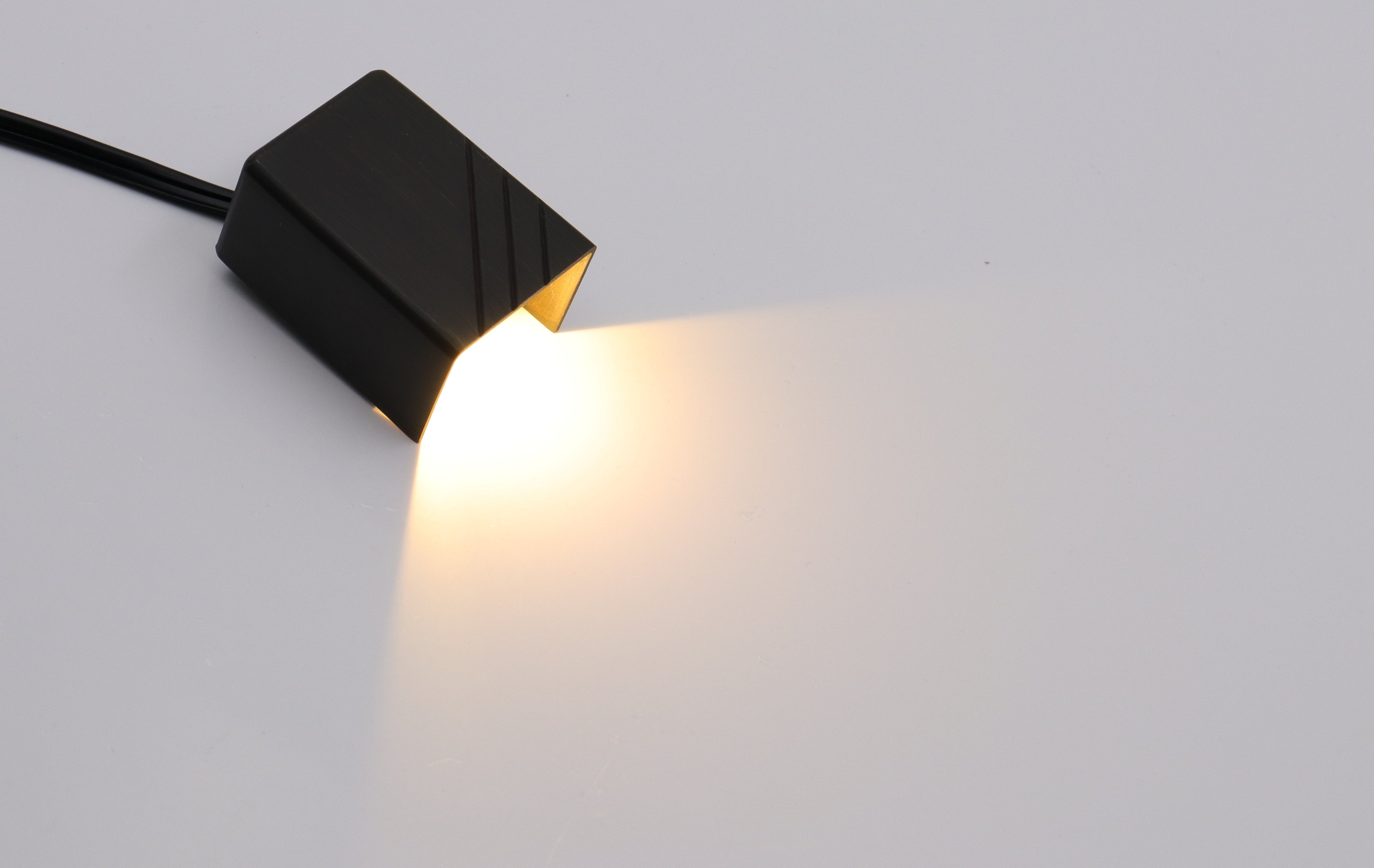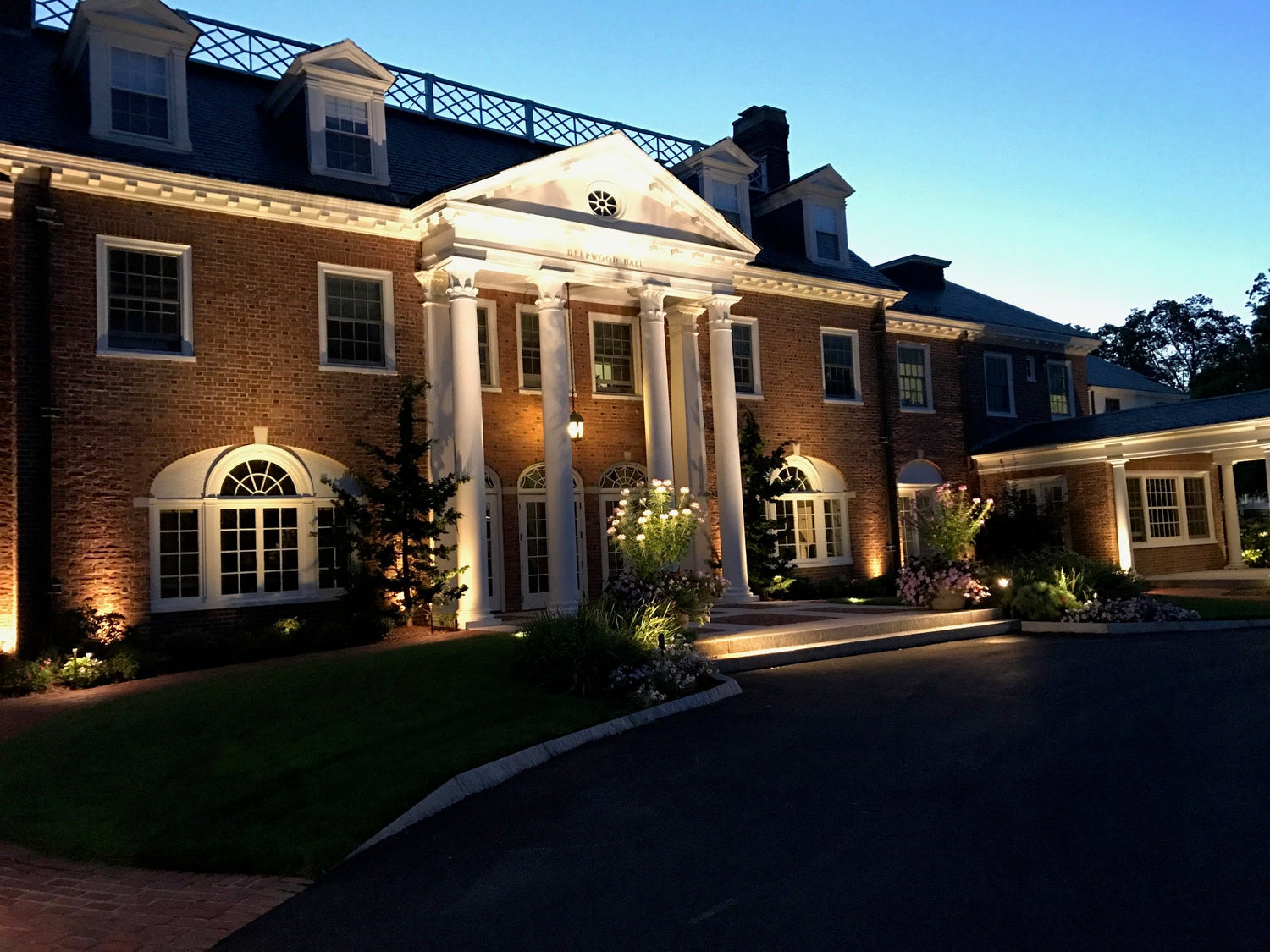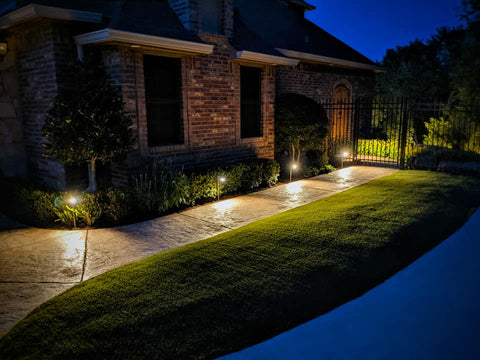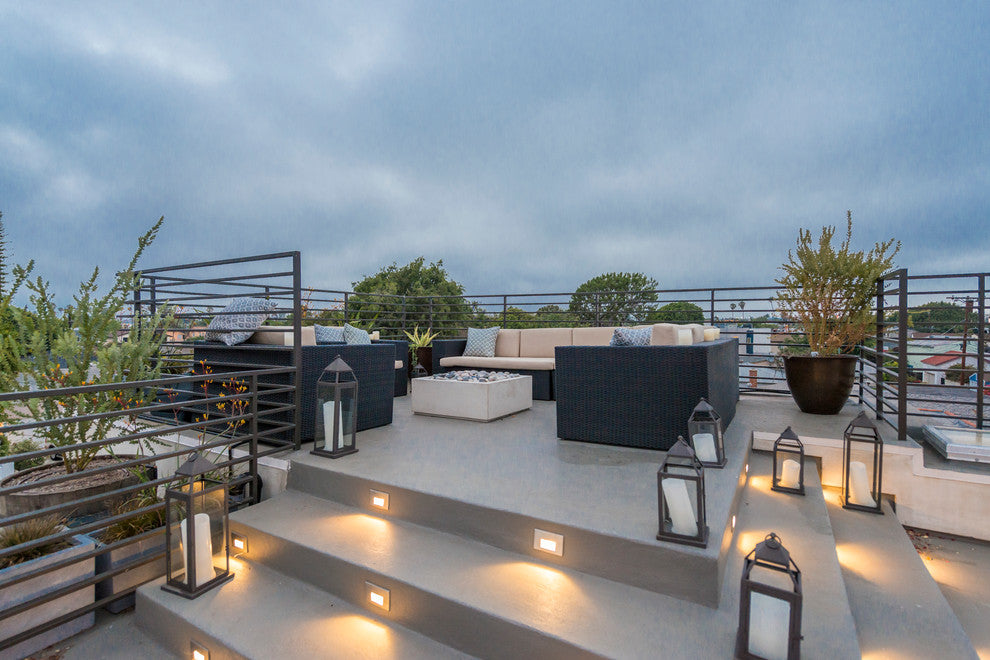Light pollution is a growing problem that invades our homes and our neighborhoods, yet we may not even know it. It occurs when outdoor lights are too bright, poorly directed, or used when not needed, hence causing problems in our sleep, health, and the environment that surrounds us. This blog will address what light pollution is, how it's caused by common household lighting fixtures, and its effects on our daily lives. We'll also discuss some home practicalities-younger, smart designs in lighting and light-pollution-reducing products that help keep outdoor spaces well-lit and safe. Understanding the issue of light pollution and making small changes in our outdoor lighting habits can really help in shaping a more comfortable and environmentally friendly home environment.
What You Need to Know About Light Pollution
What is Light Pollution?
Light pollution is the excessive or misdirected artificial light that tends to brighten the night sky more than necessary. It comes from outdoor lighting fixtures in our own homes, due to excess brightness or poor positioning. The four main types of light pollution that can affect your home are as follows:
- Skyglow: This is the overall brightening of the night sky, often seen as a glow above your neighborhood. It's caused by lights shining upwards instead of where they're needed.
- Glare: This can be annoyingly or even blindingly bright light. Think about a neighbor's floodlight shining straight up into your windows.
- Light trespass: This occurs when unwanted light enters your property, like a street lamp illuminating your bedroom at night.
-
Clutter: It is what happens when there is too much grouping of light sources, leading to confusion and visual discomfort.

Causes of Light Pollution in Home Settings
Some of the causes of light pollution in home settings include:
- Excessive and unnecessary outdoor lighting: Many homeowners set up lights that are overly bright or even use more light fixtures than they need, thinking it improves security.
- Light fixtures not having proper shielding or poor direction: Most porch lights or decorative lanterns often allow light, rather than directing it pointlessly in all directions.
- Inefficient lighting technologies: The older conventional bulbs, mostly incandescent ones, waste energy literally and add to increased unnecessary brightness.
- Awareness: People are simply not aware of the effect their outdoor lighting choice has on the surroundings and neighbors.
Light Pollution Effects on Houses and Neighbourhoods
- Environmental effects: Outdoor luminaires can jade the local wildlife because bright outdoor lights are generally a disturbance for birds, especially those that migrate seasonally, and also for nocturnally active animals.
- Human health problems: Artificial light at night is a disaster for your sleep. It causes sleeping disorders or often insomnia. Moreover, it impacts the mood and well-being of the individual.
- Energy wastage with an increased bill: The lighting that is inefficient or not needed will result in the wastage of electricity hence increasing energy bills and carbon footprint.
- Night sky loss: Too much outdoor lighting makes it impossible to see stars and to take pleasure in a view of the night sky even from one's own yard.
How to Identify Light Pollution at Home:
- Step outside at night and observe your home's exterior lighting. Are all the lights necessary? Are they shining where they're needed, or spreading light in all directions?
- Check if your outdoor lights are visible from your bedroom. If they are, they might be disrupting your sleep.
- Look at your neighbors' homes. Can you see their lights shining into your property? This might be light trespass.
- Try to count the stars you can see from your yard. If you're in a suburban area and can only see a few, light pollution might be obscuring your view.

How to Light Up Your Space Without Adding to Light Pollution
Light It Up Smart
- Design Matters: Pick lights that shine down where you need it. Mount them at a lower height for cozy vibes without the glare and aim them right – like spotlighting your walkway or that gnome in the garden, instead of blasting a floodlight.
- Shields Up: Snag outdoor lights that say "full cut-off" or "fully shielded" on the label. These babies keep the light pointing down, not out. Got old porch lights? Swap 'em for sleek new ones, or slap a shield on to focus that beam earthward.
- Dim & Time: Dig dimmer switches so you can dial down the brightness when you don't need it blazing. Timers are your pals for shutting things down after bedtime. And hey, with smart lighting systems managed by phone apps, you're the boss of the brightness from anywhere.
- Keep It Cozy: Warm-colored lighting is the way to go. It's chilled out for critters and won't mess with your sleep. Think twice before flipping a switch – do you really need that light on?
Tech That's Easy on the Eyes
- LEDs, But Warmer: Ditch those dingy old bulbs for some snazzy new LEDs. "Warm white" should do the trick. Want to play with color temps and how bright they get? Some have apps for that.
- Smart Moves: Motion sensors for the win when you need light only if there's action. Astronomical timers get wise to the sun's schedule, so you don't have to adjust 'em all the time. Check out gear like Ring or Lutron Caséta to retrofit your current setup with some brains.
- Central Command: Go big with a smart home system. Google Home or Alexa can run the whole outdoor light show. They even know when you're home or away and light up accordingly.
- Bounce That Light: Brighten up driveways and paths using lighter colors for paving – it reflects light better, letting you use softer, gentler bulbs. Pop reflective numbers on your house and mailbox, and use reflective tape for steps.
Quick Tips to Get Going:
- Take stock of your lights: Figure out what's essential and what's overkill.
- Tackle the worst offenders first: like those blinding security lights or bare bulbs.
- Hunt for products with the International Dark Sky Association's thumbs-up for night-friendly tech.
- Think long game:Smarter lights might cost more now but can save you cash on energy bills later.
- Spread the word:Chat with neighbors about dialing down the glow. A whole block going dark-sky-friendly? Now that's cool.
Small tweaks can mean big wins for keeping our nights naturally lit and neighborly.
How You Can Help Reduce Light Pollution
Learn and Share
- Learn: Start by soaking up info from trusted sources like the International Dark-Sky Association or local astronomy clubs. This can really open your eyes to how light pollution affects us and our planet.
- Talk About It: Chat about light pollution with your family and friends. Why not organize a coffee morning or a casual neighborhood meeting to discuss it? Sharing ideas and concerns can rally everyone to take action together.
- Look Up: Spend some time stargazing from your yard or a nearby park. Feeling connected to the night sky can really drive home why it's worth protecting. Also, join fun activities like the Globe at Night program where you can help scientists by measuring light pollution in your area.
Tweak Your Home Lighting
- Check Your Lights: Take a walk around your house at night and see if any lights are too bright or pointing in the wrong direction. It's a good first step to spotting problems.For insights on the pros and cons of leaving outdoor lights on all night, read this informative article.
- Upgrade: Switch out any annoyingly bright lights for softer, shielded ones that point the light downward. Opt for LEDs that have a warm, cozy glow rather than a harsh one.
- Set Them Smart: Add motion sensors so lights only turn on when needed, which is great for both security and saving energy. Timers or smart plugs can help make sure lights aren't left on all night.
- Cut Back: Ask yourself if you really need each outdoor light. Get rid of ones you don't use and swap out others for bulbs that aren't overly powerful. Modern LEDs give you plenty of light without being over the top.
Push for Better Lighting Policies
- Get Involved Locally: Speak up at city council meetings or drop a line to your local leaders about improving lighting rules. Sharing personal stories or photos can really make an impact.
- Join Forces: Link up with groups like the International Dark-Sky Association. Working towards a Dark Sky Community status could be a big win for your area.
- Fix Street Lighting: If your streetlights are blinding or badly aimed, talk to the folks at public works. Suggest smarter lighting systems that dim down when less light is needed, balancing safety with keeping our skies dark.
Taking these steps can make a big difference. Every bit helps in cutting down light pollution, saving energy, and keeping our night skies beautiful for everyone to enjoy.
Final Thoughts
Light pollution's a big deal-it messes with our sleep, confuses animals, and hides the stars. By getting smart about the lights we use at home, we can all help dial it back. Every little switch you flick or bulb you change adds up to something bigger. Think of it as your personal contribution to keeping our nights naturally dark and full of stars. When you choose cooler lights and smarter setups for your porch or backyard, you're not just lighting up your own space-you're helping out your whole community.







Leave a comment
All comments are moderated before being published.
This site is protected by hCaptcha and the hCaptcha Privacy Policy and Terms of Service apply.